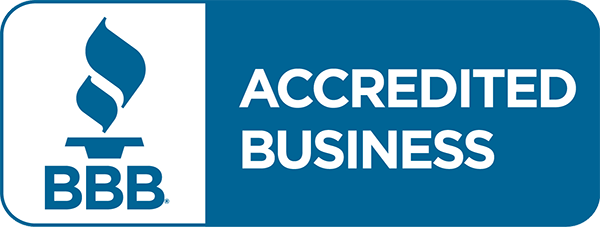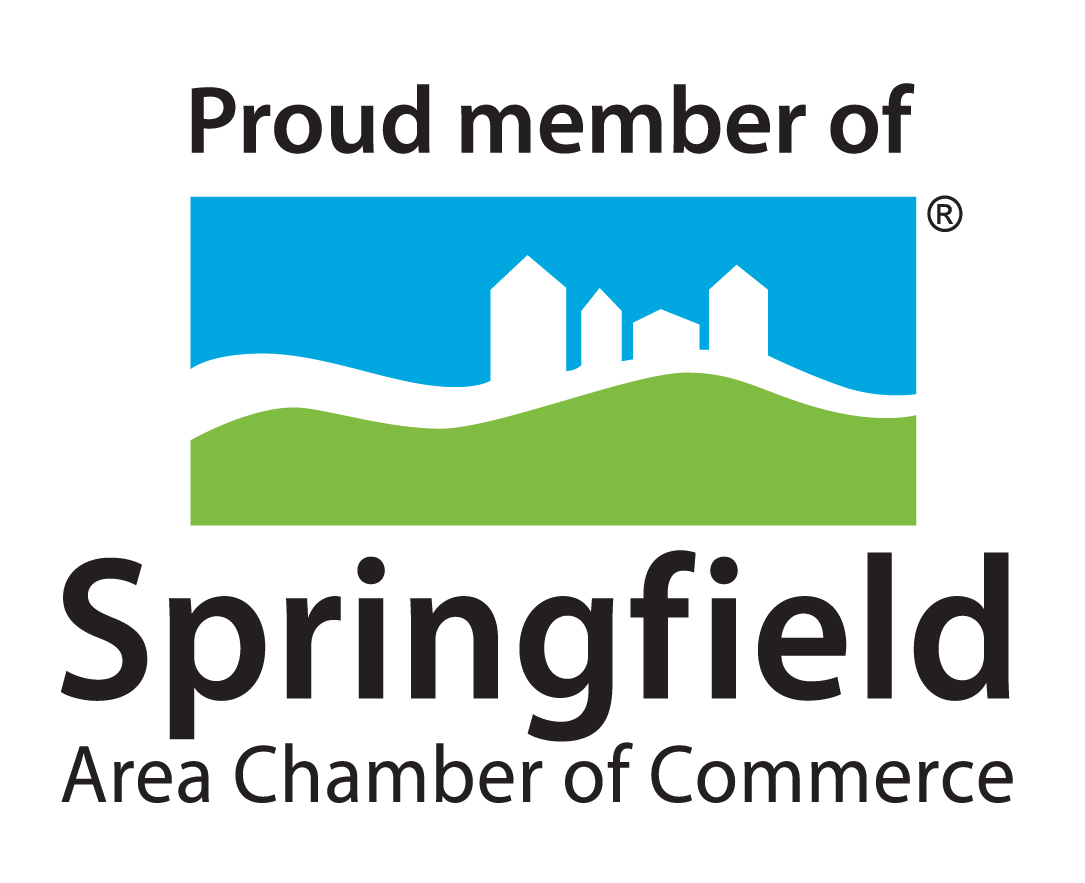Small Business Debt Can Be Managed With Bankruptcy
There are several different types of bankruptcy that can help you manage the debt of your small business. The Small Business Reorganization Act of 2019 gives additional assistance to small businesses filing bankruptcy and the often middle-class individuals that own them.
Choosing to file a small business bankruptcy is not an easy decision, and the process can be complicated. The attorneys at Debt Doctors are here to support you during this time. Contact us today for more information, or keep reading below for more.
When to File a Small Business Bankruptcy
You shouldn’t file a bankruptcy that liquidates assets and business operations unless you see no future for your business. If you think you can make your business successful with effective debt management, a bankruptcy that reorganizes the business may be appropriate.
There is no one size fits all solution for struggling small businesses considering bankruptcy. If your business is doomed to fail without assistance, bankruptcy might be the answer. The best way to determine if it is time to file a small business bankruptcy is to talk to an experienced attorney.
How to File a Small Business Bankruptcy as a Sole Proprietor
If your small business is not a registered entity and you are a sole proprietor or in a partnership, you may need to file bankruptcy on an individual level to protect your home and other vital assets. Filing an individual bankruptcy has different rules that can keep you from being left completely destitute.
You may also be able to discharge debts in a Chapter 7 individual bankruptcy, whereas this is not allowed for businesses. A Chapter 13 bankruptcy allows you to pay debt over time while continuing to operate your business, and is the right choice if you are a sole proprietor rather than a registered entity.
How to File a Small Business Bankruptcy for a Registered Entity
You have two choices to file a bankruptcy for a registered entity. A Chapter 7 bankruptcy dissolves the business, ceases operations, and pays debtors by liquidating assets through a trustee. A Chapter 11 bankruptcy allows you to reorganize the business to keep doors open.
The Small Business Reorgnization Act of 2019 is designed to help small businesses continue operations. It allows for some caveats not available in a typical Chapter 11 bankruptcy.
Specifically, the Small Business Reorganization Act allows for:
- A more streamlined process for faster approval of reorganization plans
- Appointment of a trustee to assist in reorganization
- The ability of the court to approve a reorganization plan against the objection of creditors
- Discharge of debts after 3-5 years of payments
- Residential mortgage modification when it is a primary residence and the mortgage loan was used for the business
- Delayed payment of administrative expense claims
The Small Business Reorganization Act is complex, and you should have an attorney knowledgeable in its application. Our attorneys have helped many small businesses remain open through bankruptcy since this act was passed.
Allow Debt Doctors to Answer Your Small Business Bankruptcy Questions
In short, you should file bankruptcy for your business when you are overwhelmed with debt and see no way to repay it. If you feel your doors must close, our attorneys can assist with a Chapter 7 bankruptcy. But in most cases, we can help you keep your business open through reorganization with a Chapter 11 bankruptcy and the protections of the Small Business Reorganization Act.
Our attorneys are experienced and ready to assist you. Contact us today at (417) 466-3328 for a free consultation or to learn more about small business bankruptcy.




